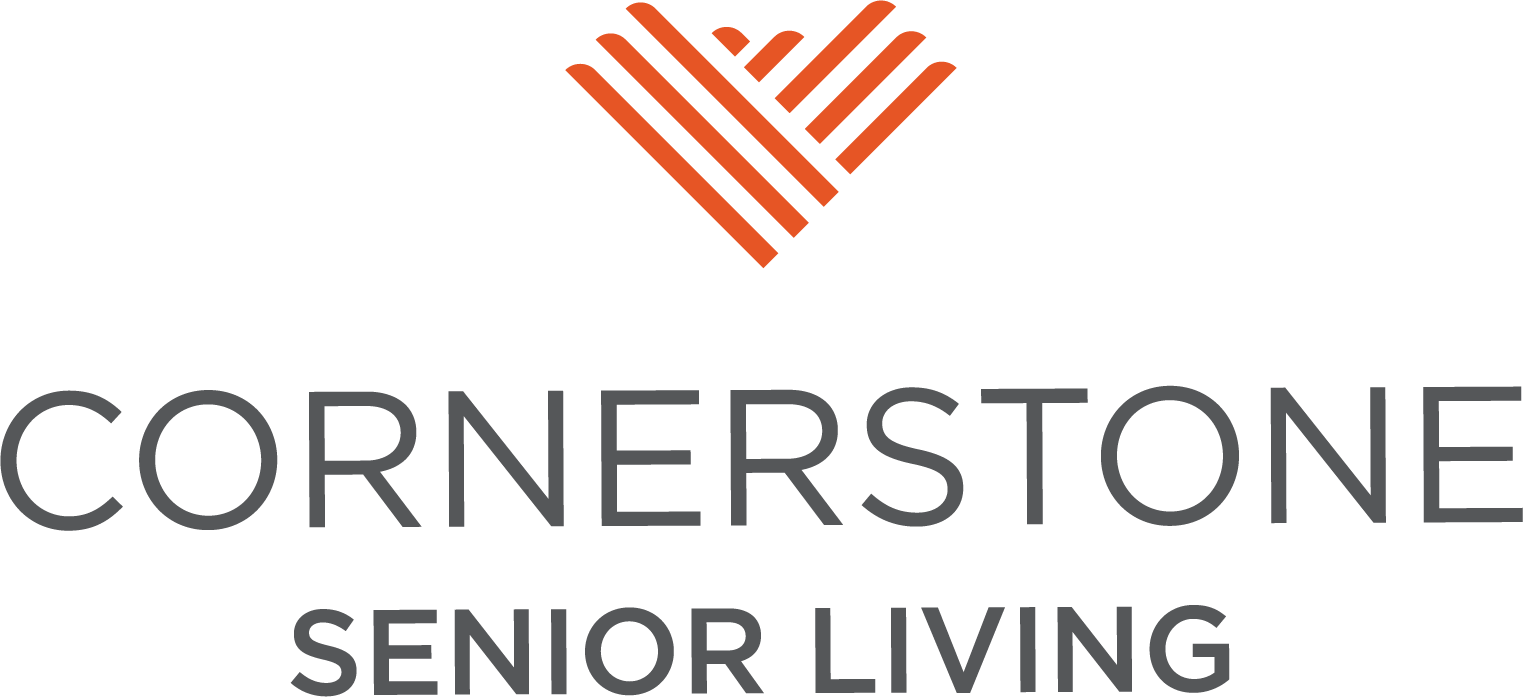
Although reaching one’s Golden Years is quite the achievement, there are still some conditions that become more prevalent with age; one of them being thyroid disease. The thyroid is a gland that regulates the body’s metabolism, heart rate, muscle, and digestive system.
Thyroid disease is a condition that has an impact on several bodily functions. However, with early onset detection and treatment, your loved ones can still live happy, comfortable lives. Here is some information about thyroid disease and symptoms your family should look out for in your senior-aged loved ones.
Two Different Conditions
There are two aspects of thyroid disease to look out for:
- Hypothyroidism
- Hyperthyroidism
The difference between the two thyroid conditions is glaring. Hypothyroidism represents an underactive thyroid gland. Hyperthyroidism occurs when the gland produces too much thyroxine, and pushes the metabolism into overdrive.
If you’re concerned that your loved one may be suffering from a thyroid disease, here are some of the top symptoms to watch out for.
Check Their Cholesterol
Sometimes in older people, high cholesterol is the only sign of hypothyroidism. An underactive gland slows down the metabolism and consequently boosts up cholesterol levels. If you notice that your loved one has recently had unexplainable high cholesterol, you should ask their primary physician to test their thyroid for any other issues.
Bowel Movement Patterns Change
The frequency of bowel movements is also a key indicator of a thyroid problem. If you’ve been the primary caregiver, by now, you should have an idea of your loved one’s regular movement schedule.
Hypothyroidism causes the stool to slowly move through the body. So if your loved one complains of frequent constipation, the problem may not just be in their diet.
The opposite is true for hyperthyroidism since it can result in more frequent bowel movements and unintentional weight loss.
Joint and Muscle Pain
Joint and muscle pain may seem like something that just comes with older age and a sedentary lifestyle. However, consistent pains, especially in the leg region of the body is a sign of hypothyroidism in the elderly.
Hyperthyroidism usually results in muscle weakness and fatigue. So, if your loved one begins to tire out and starts sweating brief bodily movement, this is also a red flag for thyroid disease.
Heart Conditions
The thyroid plays an important role in how the heart functions. A normal thyroid will keep heart rates under control at the right times. One of the biggest issues with an underfunctioning thyroid is the reduced amount of blood that flows to the heart. As contractions weaken, your loved one’s chances of heart failure increase. If you start to see your loved one slowing down or experiencing shortness of breath, it’s time to look into a thyroid disease diagnosis.
Get Your Loved One the Care They Need at Cornerstone Senior Living
If your loved one is experiencing a difficult lifestyle living at home with a thyroid disease, your family should consider leaving their health in the hands of senior living professionals. At Cornerstone Senior Living, our communities and various health programs are built to help families face aging head-on. We would love to meet you and your family for a tour. Contact us today to learn more and schedule a visit to one of our communities.



 Copyright © 2023 Cornerstone Senior Living - All Rights Reserved
Copyright © 2023 Cornerstone Senior Living - All Rights Reserved